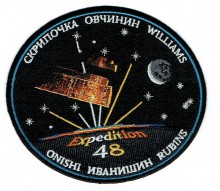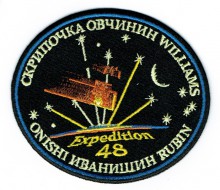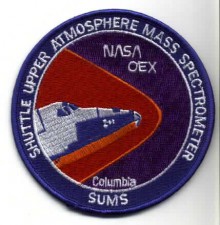The Upper Atmosphere Research Satellite (UARS) was a NASA-operated orbital observatory whose mission was to study the Earth’s atmosphere, particularly the protective ozone layer. The 5,900-kilogram (13,000 lb) satellite was deployed from Space Shuttle Discovery during the STS-48 mission on 15 September 1991. It entered Earth's orbit at an operational altitude of 600 kilometres (370 mi), with an orbital inclination of 57 degrees.
The original mission duration was to be only three years, but was extended several times. When the mission finally ended in June 2005 due to funding cuts, 14 years after the satellite's launch, six of its ten instruments were still operational.A final orbit-lowering burn was performed in early December 2005 to prepare the satellite for deorbit. On 26 October 2010, the International Space Station performed a debris-avoidance maneuver in response to a conjunction with UARS.
The decommissioned satellite re-entered Earth's atmosphere on 24 September 2011. Considerable media attention surrounded the event, largely due to NASA's predictions that substantial parts of the satellite might reach the ground, potentially endangering inhabited areas. However, the satellite ultimately impacted in a remote area of the Pacific Ocean. STS-48
- Log in to post comments






